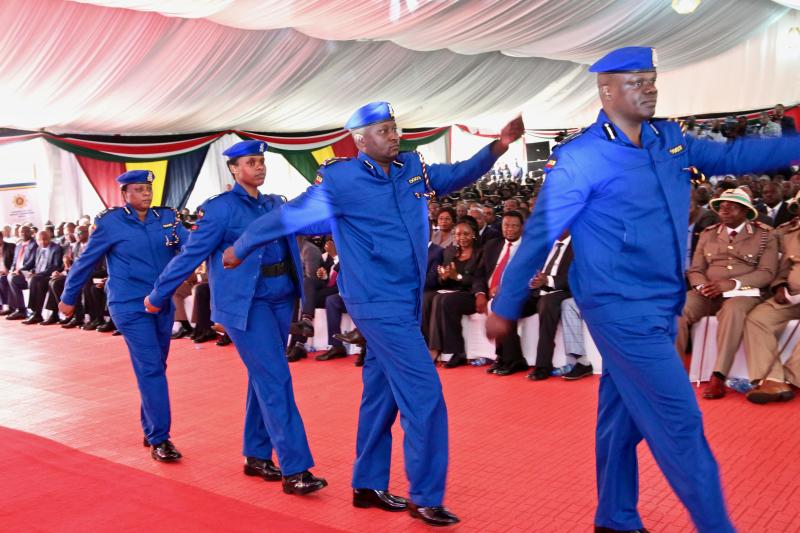×
The Standard e-Paper
Join Thousands Daily

President Uhuru Kenyatta on Thursday announced major changes in the National Police Service, which will see the ushering in of a new command structure.
The new structure will see 24,572 Administration Police join Kenya Police to form a General Duty Police under the command of the Deputy Inspector General (DIG) of police.